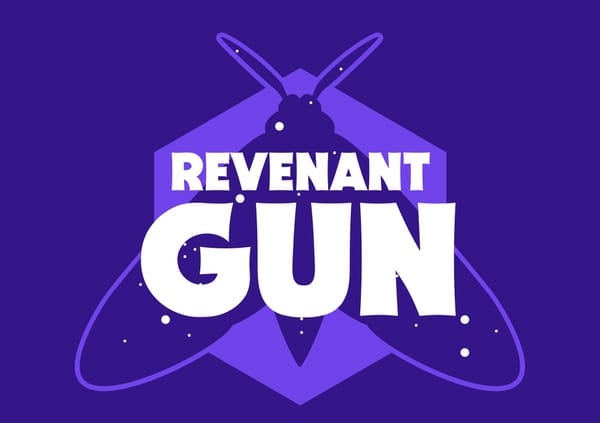Assassin’s Apprentice by Robin Hobb
Assassin’s Apprentice (The Farseer Trilogy #1) was published on April 1, 1995 by Spectra Books.

Review Part One
Originally published on June 9th, 2021 on Instagram.
It will come as absolutely no surprise to anyone who’s read Assassin’s Apprentice that I have decided to sue Robin Hobb for emotional damages and ask for the custody of Fitz Farseer. That boy deserves so much better!
This book might’ve been my fastest read this year. I just couldn’t. Put it. Down.
Assassin’s Apprentice is about Fitz, a bastard of Prince Chivalry, and his life leading to him becoming the king’s trained assassin. It is brilliantly written and told by a much older Fitz, as he reminisces about those early years of his childhood.
When he was approximately six years old, Fitz was taken by his maternal grandfather to a military outpost near his birth town and given to his father’s soldiers. Fitz’s days soon change dramatically, as he is thrust into a new life at his grandfather’s court. Despite having to face the challenges that await those of royal blood (and their bastards), Fitz gets none of the privileges that come from being the son of a prince. In fact, he inherits nothing of his father’s titles or belongings, while inheriting all of his enemies, as it is made clear that there are many that want Fitz dead.
While we see the happenings around Fitz through a child’s eyes, it is the remarks of his older self that reveal the subtle manipulations of those around him, as they work on shaping him into a tool useful for the monarchy. Despite being very intelligent, Fitz is so starved for any sort of positive attention that he takes whatever he can that makes him feel better, and blindly trusts the adults around him. That is why the scene of the king choosing him to secretly train to become his assassin works so well. The king gives him food as he asks for his undying loyalty. By giving him scraps of what was supposed to be his by birthright, the king commands that the boy be forever grateful to him. And the boy-Fitz is. And it is gut-wrenching.
Review Part Two
Originally published on June 11th, 2021 on Instagram.
Several weeks after starting this account, I realized that I was in the process of finding myself a replacement for The Kingkiller Chronicle. The Name of the Wind has been a favorite of mine for quite some time now—I read both it and The Wise Man’s Fear when the latter came out back in 2011, and I wanted to find something similar and just as good.
At first, I thought that The Dragonbone Chair would be that replacement. It too boasts beautiful worldbuilding and a vast world, as well as many little stories-within-stories. And while it is an amazing book, it tells a very different kind of story.
I didn’t, however, have to wait long after finishing The Dragonbone Chair to find what would actually become the substitute I’m looking for. And that is Assassin’s Apprentice by Robin Hobb. I do remember several interviews in which Rothfuss mentioned that The Farseer Trilogy was a huge inspiration for him with the way adult Fitz told his story—what I didn’t know, however, was that there would be many other similarities as well. And quite a lot of these things, Assassin’s Apprentice does even better (being a part of a finished series being just one of them).
Fitz, for example, is much more relatable. And I think that comes down to the time in my life when I’m reading this. In my teens, I loved the edgy, over-the-top, self-righteous Kvothe. But now, I relate to the more balanced and grounded Fitz much better. Fitz is still powerful in some ways, I mean, he’s a fantasy protagonist, but he lets a lot more weaknesses shine through, and they make him more human.
Fitz and Kvothe still tell different stories, and I didn’t start liking The Kingkiller Chronicle less, but I feel like those who want to read something similar should definitely check out Assassin’s Apprentice. I’m sure they will like it just as much, if not more.





